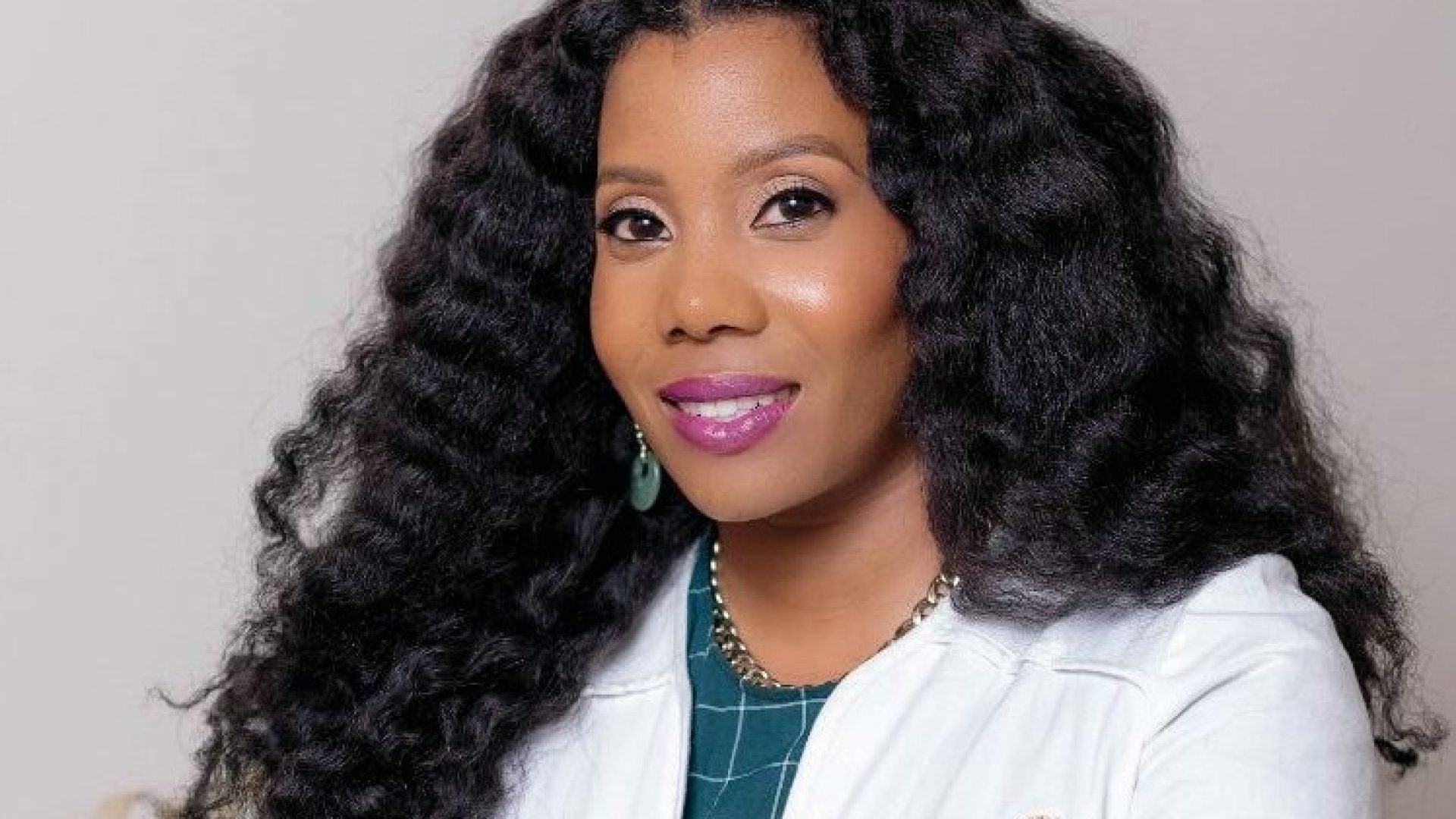
Before bullying was an emotional hot button, a Google searchable word and an incendiary issue to crusade against, it was nonchalantly considered just good ol’ fashioned, red-blooded American teasing, kind of like the dozens before some of us developed any real wit. I grew up on the wrong side of it. No one—including parents or teachers—really took that kind of thing seriously back then, sans the occasional fist fight in retaliation. I didn’t even do that. In the jungles of the inner city and the public school system, I was plucked off by wild packs of beasts feeding off my many flaws for their own self-esteem building and social standing. Yeah, I was that kid.
I got it from all sides. I was chunky and wore glasses. In the fifth grade, some boys in my class got wind of how much I weighed and invested their creative energy into composing an entire song in honor of my chubbiness, which they sang all year, every single time that number came up. I had an overbite that was likened regularly to horse teeth, and eventually got fitted with braces, which didn’t make matters much better. I went through a terrible bout of acne that lasted what seemed like a lifetime through high school, eased up in college but still stretched unceremoniously into my adult years. I had dark knees and elbows, which starkly contrasted my caramel complexion and made for convenient joke-making, and I had the nerve to be in gifted classes and talk proper, so there was the whole “acting white” thing.
And, God bless my ancestors, who passed down a set of soup coolers that made me the involuntary target of every big-lipped joke ever crafted this side of creation, especially when Jamie Foxx introduced his character Wanda on In Living Color. All good golly hell broke loose because the kids who had up until then generated their own creative quips about my looks—their favorite was calling me “Flipper”—finally had a familiar point of reference. I can’t even watch the reruns of that show today. I remember it being funny, but me and Wanda can’t run into each other.
I can laugh about the teasing at least half-heartedly, because that was then and this is now. I’m grown up with a daughter of my own. I pay bills and taxes. I can eat ice cream for breakfast if I want to. I’m getting ready to buy my first home. But all the accoutrements of grown-up-ness aside, I’ve never stopped being fat Janelle with the glasses and the big ol’ lips. And as a result, I’ve never looked in a mirror and been happy with what I saw there. Never. The scale goes from first-thing-in-the-morning homeliness to presentable decency. That’s as far as it goes. I recognize that growing up under the firestorm of other kids’ incessant meanness has mentally blocked me from seeing anything pretty about my physical self, even some 20 years after the jokes have stopped.
My experience has, however, honed a deep affinity for underdogs (yay underdogs!) and made me empathetic to the similar struggles of other people. My heart aches whenever I hear a story about a young person who has been verbally or physically pulverized by their peers. Sometimes they act out. Maybe they pull a gun and go ballistic at their school, maybe they internalize their pain and end their own life. A victim of bullying is twice as likely to commit suicide as a non-victim. They also have high drop-out rates and alcohol and drug dependence. Even still, there are plenty more who aren’t outwardly reacting, but will just cart around the baggage from these years and be conditioned to think less of themselves. That they’re ugly. Dumb. Different. Weird. Awkward. That the only way they can fit in or find love is to compromise themselves sexually or cheapen themselves socially. It’s bigger than just a few torturous years in school.
I don’t have a revelation about how to stop bullying. I sure wish I did. But I do implore parents to keep an eye on their kids, not just to prevent them from being bullied but to prevent them from becoming a bully, too. Everybody wants to think highly of their children—I know because I do, too—but I would put my daughter in an eternal chokehold if I ever found out that she was making it her business to rock some other child’s self-worth and force them to wake up every morning wondering what misadventure in misery awaited them that day. Peer pressure can make otherwise nice, home-trained children act like they don’t have the good sense their mamas and daddies instilled in them. And that, spoken from firsthand experience, can affect somebody for a lifetime.





